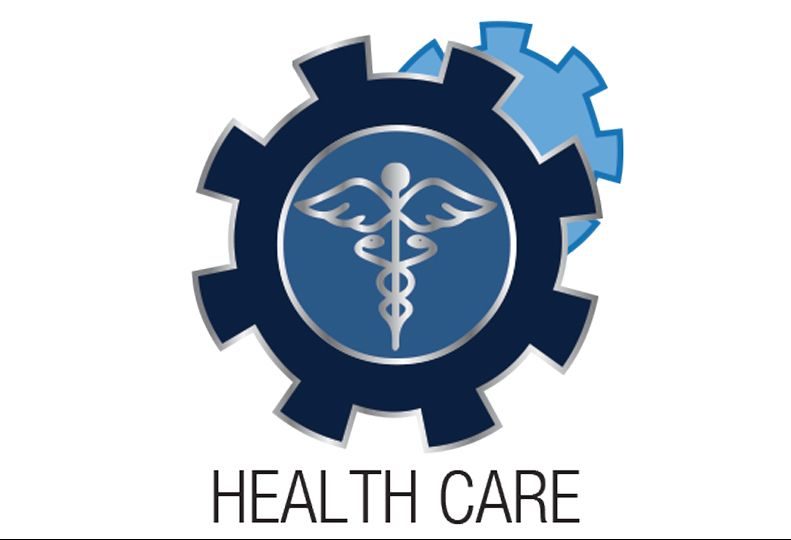
Home » Health care systems brace for unknowns in new year
Health care systems brace for unknowns in new year
Lessons learned early in pandemic reducing ongoing fiscal impact

December 16, 2021
It has been another financially volatile year for the health care industry in Spokane. With the discovery of the omicron variant, there are still too many unknowns to forecast what is in store for hospitals in 2022, say health care officials.
Providence Sacred Heart Medical Center & Children’s Hospital finished this year’s first quarter with a net loss due to January’s surge of COVID-19 cases, says Shelby Stokoe, chief financial officer for Providence Inland Northwest Washington.
However, Sacred Heart’s revenue had improved by the end of its third quarter and was running 2.2% higher than the same period in 2019, driven by patients with acute conditions. At the same time, costs also have increased 2.2% largely due to new pandemic-related expenses and growing investment in staff, she explains.
“We’ve seen a 10% drop in admissions, but a 2.3% growth in patient days since 2019, signaling that our patients are sicker and staying longer than before the pandemic,” she says.
In 2020, Sacred Heart incurred between $7 million and $8 million in new costs to cover personal protective equipment, lab testing, and increased staff and security to maintain visitor restrictions. These costs continue this year and are expected to continue through at least 2022, says Stokoe.
Looking toward 2022, Stokoe anticipates the hospital’s biggest challenge will be dealing with the national shortage of health care personnel. As a result, Sacred Heart continues to invest in its workforce, she adds. Among other incentives, employee benefits include learn-while-you-earn training programs and a tuition reimbursement program providing up to $5,950 a year, based on eligibility.
Dr. David O’Brien, senior vice president and CEO for MultiCare Health System’s Inland Northwest region, says that COVID-19 interjected a number of challenges, but hospitals also learned a lot in 2020 and have put those lessons to good use this year.
O’Brien says MultiCare is finishing the year in good fiscal shape and is looking forward to a better 2022.
MultiCare Deaconess and MultiCare Valley hospitals also experienced a surge in COVID patient days in 2021, which had significant impact on the hospitals’ ability to perform elective surgeries, says O’Brien.
“During the peak of the delta surge, we had to pause and be all-hands-on-deck to take care of medical patients,” he explains. “That creates challenges for staffing, economically, but also for patients’ ability to receive elective surgeries, which causes delays in their care,” he explains. Recently, the hospitals have seen the return of surgeries and a decreasing volume of COVID-19 patients, he adds.
Total expenses for MultiCare are up 5%, says O’Brien. Within that category, the costs of wages, salaries, and benefits are up 11%, and pharmaceuticals are up 14%, he adds.
In addition to staying busy with COVID-19 surges, MultiCare also opened an Indigo Clinic in Airway Heights in the summer and opened a retail pharmacy in association with its Rockwood main clinic, says O’Brien.
“We’ve been expanding our primary care sites in several areas,” he says.
Despite what’s looking to be a strong finish to 2021 fiscally for MultiCare, O’Brien says that the coronavirus has showed it can reemerge with new variants.
“We have to be agile and be able to respond effectively depending on the behavior of the virus and effectiveness of our communities vaccinating at high levels to reduce the burden of the viral pandemic,” he says. “There are still unknowns in the future.”
—Karina Elias
Latest News Special Report Health Care
Related Articles
Related Products




